In Edgewater Growth Capital Partners LP v. H.I.G. Capital, Inc., 68 A.3d 197 (Del. Ch. 2013), the Delaware Court of Chancery upheld the sale of a borrower’s assets to an entity related to borrower’s secured creditor, finding that the assets were sold via a public auction under Article 9 of the Uniform Commercial Code and not a private sale. The court also found that all aspects of the sale were commercially reasonable. Pendum LLC, an ATM repair and servicing company, was a borrower under a $70 million syndicated loan secured by a lien on all of Pendum’s assets. Edgewater was a limited guarantor of Pendum’s obligations. Following Pendum’s default, Pendum and the lending syndicate led by HIG Capital entered into a foreclosure sale agreement (“Foreclosure Agreement”). The Foreclosure Agreement allowed Pendum 55 days to find a buyer for its assets and provided funds for a financial advisor to assist Pendum in Pendum’s sale efforts. Despite contacting over 60 potential suitors, Pendum was unable to find a buyer. HIG Capital proceeded to conduct a public auction under Section 9-610 of the UCC and complied with Article 9’s notice requirements. The only bidder was an affiliate of HIG Capital who bid $41 million and agreed to assume $50 million of Pendum’s liabilities. HIG Capital then demanded payment under Edgewater’s guaranty in the amount of $4 million. Edgewater objected and sued HIG Capital claiming that, because Pendum had entered into the Foreclosure Agreement, the sale was an impermissible private sale that violated Section 9-610(c) of the UCC. Edgewater also argued that, even if the sale were held public, the sale was not performed in a commercially reasonable manner because there was limited advertising and only a form notice was sent to potential bidders. The Delaware Court of Chancery rejected the private sale claim, reasoning that, if the court deemed this sale — where the secured party entered into an agreement that was designed to give the debtor a better chance to market itself and to find a buyer — “private,” the court would be creating counterproductive incentives for secured creditors to exercise their rights under the Uniform Commercial Code to the detriment of debtors. The court also found that the Foreclosure Agreement and Pendum’s efforts were part of the overall sale process. As a result, the court held that sale process was commercially reasonable because the process gave third parties notice and a meaningful opportunity to bid on the assets, and because HIG Capital had performed the sale in accordance with practices of financial advisors who sell distressed entities. Accordingly, the Court upheld the public sale and ordered that Edgewater pay HIG Capital under its guaranty.

